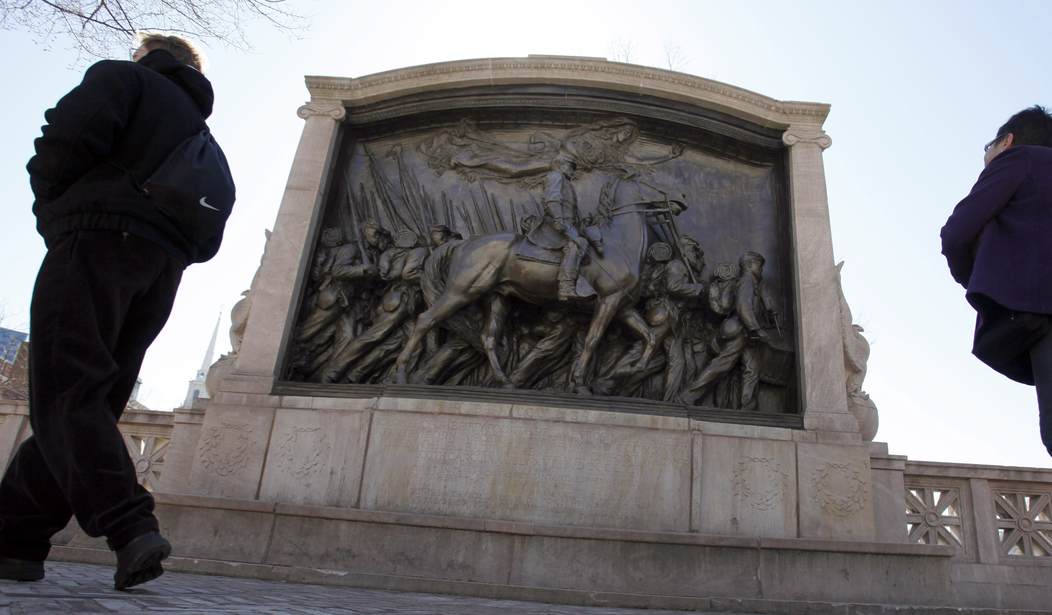I've written before that I'm not a fan of big cities (that's why I live out here in the Alaska woods) but I confess a sneaky love for Boston — at least, pre-COVID Boston. Some years back I was working in the area and had the opportunity to spend a few Saturdays up in the city, wandering around the Common and gassing with the locals, eating great Italian food up in Little Italy, partaking in some of the great dive bars in the area, and taking in all the history.
Even then, Massachusetts was starting to suffer from what I've been calling the Flight of the Productive. It's gotten worse since then, with the Bay State losing up to a billion in tax revenues — due, of course, to liberal policies driving all of the productive away.
Since 2013, migration out of Massachusetts has seen an "alarming" 1,100% increase to more than 39,000 people, according to new findings published by Boston University's Questrom School of Business. If the trend continues, more than 96,000 residents making a cumulative $19.2 billion in adjusted gross income will leave the state by 2030.
The study estimates those departures would cost Massachusetts about $961 million in income tax revenue each year.
The Bay State has already lost $821 million in income tax revenue since 2011.
That's alarming — at least, if you're a Massachusetts politician who sees the drain as a loss of opportunity to spend other people's money. The Flight of the Productive isn't just due to economics; crime and the flood of illegal immigration are factors. But the economic issues have an easy and obvious fix.
See Related: Blue State Dems Aren't Hiding It Anymore, Move Closer to Forcing American Homeowners to Shelter Illegals
And the things that need to be fixed in Massachusetts ring familiar for other places — like, say, California.
Residents cited a number of reasons for relocating, including a high tax burden and expensive housing and health care costs. Widespread remote work policies have also made it easier for residents to pack up and leave, contributing to the growing exodus of prime-age workers.
"Move-to states ranked significantly better in three drivers; lower income taxes, cost of housing and cost of healthcare," the study said.
So, Massachusetts, how about fixing these problems that are driving away productive residents?
First, lower marginal tax rates. Let people keep what they've earned. Massachusetts is bleeding productive residents to lower-tax states — doesn't that tell the Massachusetts legislature something?
Second, de-regulate. Liberalize zoning restrictions to enable developers to build new, lower-cost housing. Try to Tokyo model — high-rise apartment buildings. This is Supply and Demand 101: Get the government out of the way, and let private enterprise fill an obvious market need for affordable housing.
Third, get out of the business of health care. The government has no business being involved in this.
Massachusetts' problem — the problems vexing blue states in general, the problems that are causing their productive residents to flee for greener pastures which all, amazingly, seem to be in red states — is not insurmountable. None of these blue-state problems are insurmountable — not even illegal immigration and crime. But the reasons they aren't being fixed would appear to be that these states are still blue, and Democrat politicians apparently can no more contemplate reducing marginal tax rates or reducing regulations than they can sprout wings and fly to Neptune.
Take note, Massachusetts voters, and remember that classic old definition of insanity: Doing the same thing, over and over, and expecting different results.















Join the conversation as a VIP Member